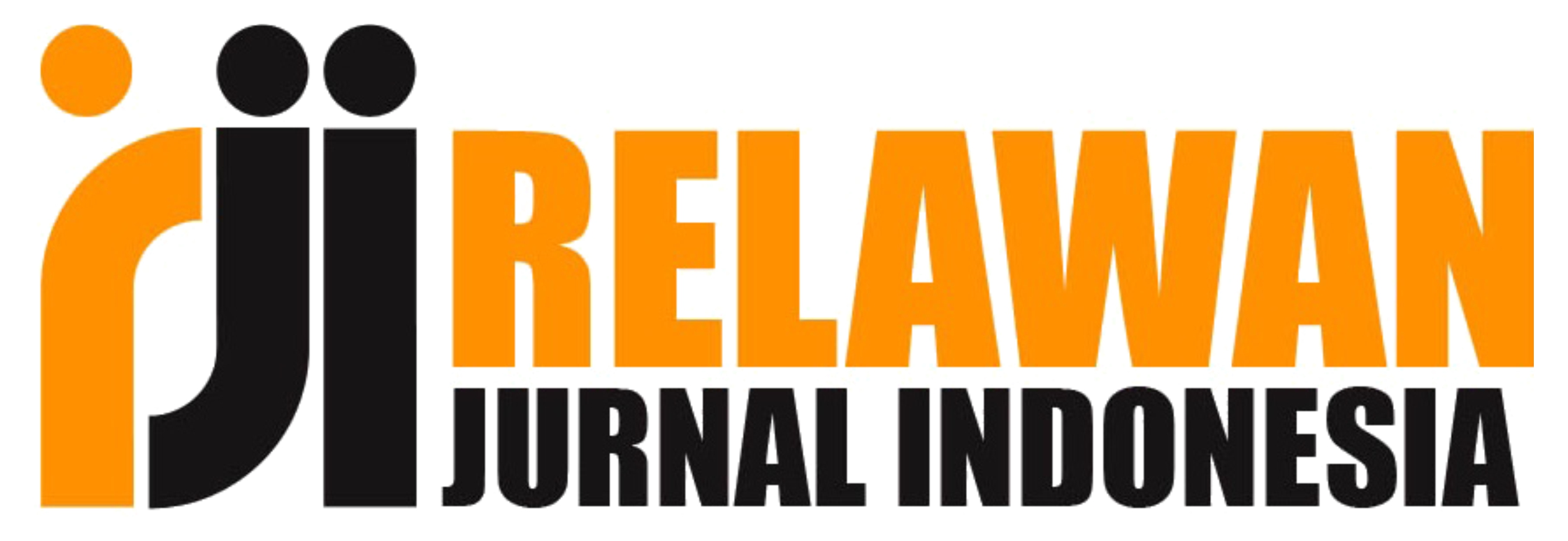Implementasi Teori Pendidikan Ki Hajar Dewantara: Tinjauan Praktik Pembelajaran dan Dampaknya pada Peningkatan Kualitas Pendidikan Dasar
DOI:
https://doi.org/10.61476/84nhq902Keywords:
Ki Hajar Dewantara Theory, Learning Practices, Primary EducationAbstract
This study aims to investigate the implementation of Ki Hajar Dewantara education theory at the basic education level, especially at SD Negeri Ngudirejo 1, Jombang District, focusing on learning practices and their impact on improving the quality of basic education. Ki Hajar Dewantara, as an Indonesian education figure, is known for his contribution to the development of holistic and humanist education. This study uses a qualitative approach with classroom observation methods, interviews with teachers, and document analysis to collect data on learning practices related to the theory of Ki Hajar Dewantara. The results showed the implementation of various aspects of Ki Hajar Dewantara theory in learning practice at SD Negeri Ngudirejo 1. Teachers adopt principles such as freedom of learning, stage play is stage learning, and empowerment of learners. In addition, this study reveals the positive impact of the implementation of the Ki Hajar Dewantara theory on improving the quality of basic education, both in terms of learning outcomes and character development of students. The application of Ki Hajar Dewantara theory in learning practice at SD Negeri Ngudirejo 1 has a positive impact in forming students who are more independent, creative, and have strong character. These findings contribute to the understanding of educational practices in accordance with the principles of Ki Hajar Dewantara and reinforce the urgency of applying the theory in improving the quality of basic education in Indonesia. The implications of this research can also be the basis for the development of education policies that are more oriented towards holistic and humanist approaches advocated by Ki Hajar Dewantara.
References
Aan Komariah dan Djam’an Satori. (2012). Metodologi Penelitian Kualitatif. Bandung: Alfabeta.
Ainia, Dela Khoirul. 2020. “Merdeka Belajar Dalam Pandangan Ki Hadjar Dewantara Dan Relevansinya Bagi Pengembangan Pendidikan Karakter.” Jurnal Filsafat Indonesia 3, no. 3: 19.
Dewantara, Ki Hadjar. (2009). Menuju Manusia Merdeka. Yogyakarta: Leutika.
https://blog.kejarcita.id/6-inspirasi-pembelajaran-dari-konsep-pendidikan-ki-hajar-dewantara/
Komariah, Engkoswara dan aan. 2012. Administrasi Pendidikan. Bandung: Alfabeta.
Mubarak, H. A. Zaki. 2022. Desain Kurikulum Merdeka Belajar Untuk Revolusi Industri 4.0 Dan Society 5.0. Tasikmalaya: Zifatama Jawara.
Salsabila, Shania. (2017). Pemikiran Pendidikan dan Pengajaran oleh Ki Hajar Dewantara sebagai Landasan Kebijakan Pendidikan Nasional yang Sesuai dengan Jati Diri Bangsa.
Tauchid Moh, dkk. (2014). Ki Hajar Dewantara Bagian Pertama: Pendidikan. Majelis Luhur Persatuan Tamansiswa.
Yanuarti, Eka. (2017). Pemikiran Pendidikan Ki Hajar Dewantara dan Relevansinya dengan Kurikumum 13. Jurnal Penelitian, Vol. 11, No.2.
Published
Issue
Section
License
Copyright (c) 2023 Dian Widyalistyorini, Nurul Istiq'faroh, Hendratno Hendratno (Author)

This work is licensed under a Creative Commons Attribution-ShareAlike 4.0 International License.












